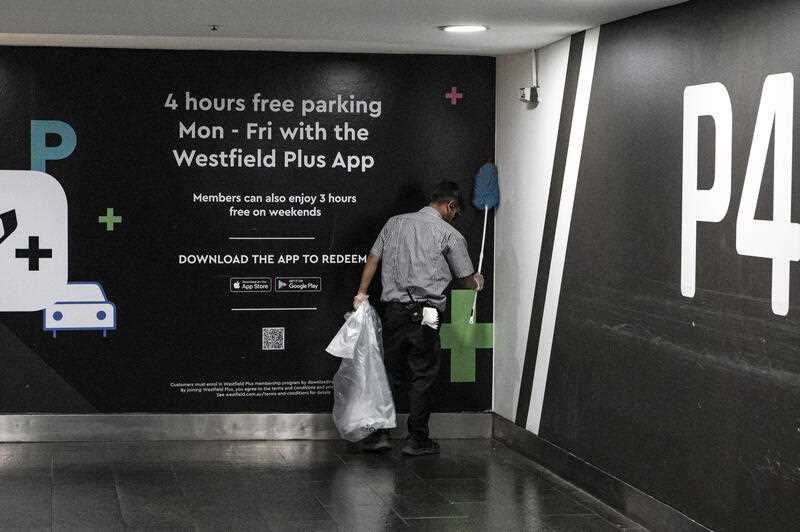Inflation might be coming off its highs, but workers’ wages are still falling well behind rising prices as mortgage holders face the prospect of another interest rate rise.
The official consumer price index stepped down from 7.8 per cent annual growth in the December quarter to seven per cent in the March quarter.
But while inflation has likely passed its peak, it is still outpacing wage growth by 3.7 per cent, based on Australian Bureau of Statistics wage data.
In dollar terms, workers would have needed to secure a $6442 pay rise to have kept pace with inflation, Canstar analysis shows.
ACTU president Michele O’Neil said more needed to be done to secure pay rises for working people, starting with an increase to the minimum wage.
The union has called for a seven per cent lift in wages for the lowest-paid workers ahead of the industrial umpire’s annual decision.
“More action is urgently needed to ensure full employment and job security, along with ending wage theft and rorting of casual and labour-hire arrangements,” Ms O’Neil said.
While worker salaries are falling behind, the pace of wages growth is likely to be a source of concern for the Reserve Bank in its fight against inflation.
RBA governor Philip Lowe has previously indicated wage growth above four per cent could make it more difficult to return inflation back within the two to three per cent target range.
Research from the Australia Institute’s Centre for Future Work suggests that a seven per cent boost to the minimum wage, which covers jobs like cleaners, carers and hospitality workers, would have an undetectable impact on inflation.
The centre’s policy director, Greg Jericho, said lifting wages for the lowest-paid workers in line with the inflation rate would at most cause economy-wide prices to lift by 0.4 per cent if businesses passed on those costs to consumers in full.
Dr Jericho said companies had been making record profits and should also be well-placed to absorb the costs of a higher wage bill.
“We need to move from thinking that workers are the ones who must always carry the burden,” he said.
“After three years of soaring profits during the pandemic, many sectors of the economy can afford to slightly reduce their margins and still make strong profits.”
Absorbing the higher wage bill would reduce company profits by around 1.4 per cent, the researchers found.
Mortgage holders might also be in line for another hike in the wake of the quarterly consumer price index, with most economists agreeing it will be a close call.
St George economists Jarek Kowcza and Jameson Coombs said the data aligned with the RBA’s goal of returning inflation to its target by mid-2025.
While the bank’s economists expect another 25 basis point hike when the RBA meets next week, they said there was a chance the central bank would keep rates on hold to wait for more data.
“The meeting remains live and it will be a very close call,” they wrote.
By Poppy Johnston in Canberra
Get local, national and world news, plus sport, entertainment, lifestyle, competitions and more delivered straight to your inbox with the Canberra Daily newsletter. Sign up here.



